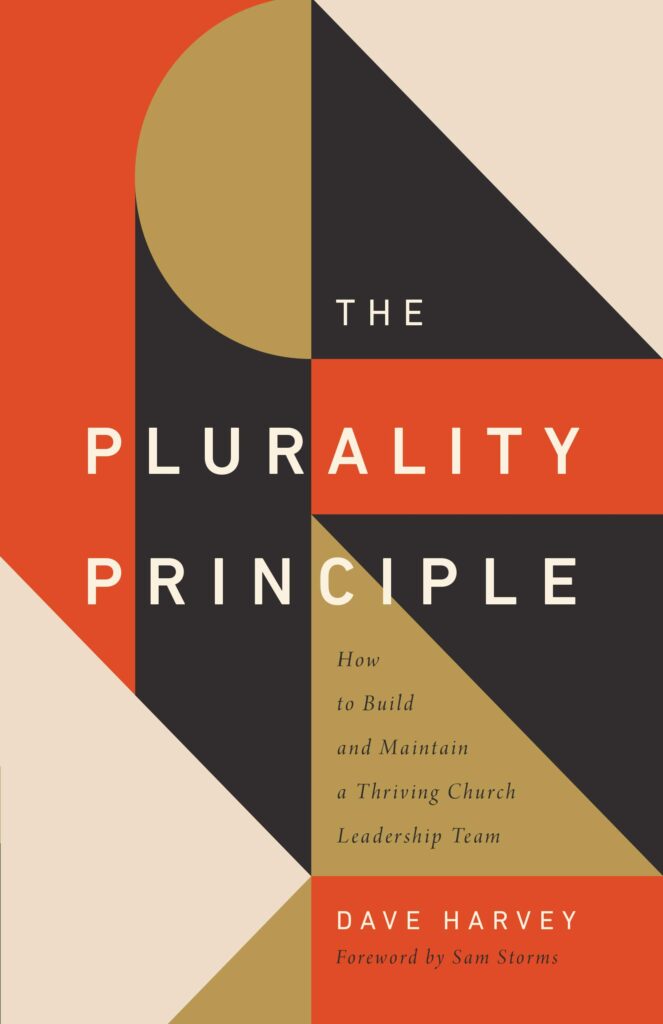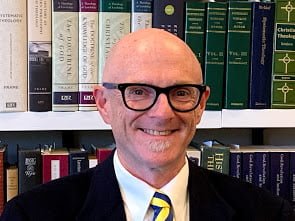⏱️ Estimated Reading Time: 2 min read
“The quality of your elder plurality determines the health of your church.” This is the premise that undergirds Dave Harvey’s new offering, The Plurality Principle. The subtitle, How to Build and Maintain a Thriving Church Leadership Team, nicely summarizes this practical volume’s essence.
Harvey prepares readers for this thought-provoking journey by providing a short roadmap. Five observations will keep leadership teams on track and moving in a Godward direction:
- How healthy pluralities keep the church moving forward.
- How healthy plurals can be designed to work.
- How healthy pluralities create a context for elder care.
- How healthy pluralities offer authentic community that’s characterized by vulnerability, honesty, and growth through self-disclosure.
In what follows, the author presents the biblical case for a plurality of elders in the local church. He adds, “A plural-leadership model is foundational for the local church. Plurality not only reflects the co-equality, unity, and community expressed by the Trinity (2 Cor. 13:14; Eph. 4:4-6; 1 Pet. 1:2; Jude 20-21). It serves the church in at least six other ways.”
- Plurality embodies and expresses the NT principle of interdependence and the diversity of gifts among members of Christ’s body (Rom. 14:4-6; 1 Cor. 12).
- Plurality acknowledges human limitations by recognizing that no one elder or bishop can possess the full complement of gifts God intends to use to bless and build the church (1 Cor. 12:21).
- Plurality creates a leadership structure where men must model the unity to which God calls the whole church (John 17:23; Rom. 15:5; Eph. 4:3; Col. 3:14.
- Plurality creates a community of care, support, and accountability that guards the calling, life, and doctrine of the leaders (1 Tim. 4:14, 16; Titus 1:6-9).
- Plurality provides a mechanism to deal wisely and collaboratively with the institutional necessities of the local church.
- Plurality contradicts the idea of a singular genius and replaces it with what the Bible calls an “abundance of counselors” (Prov. 11:14; 24:6) who collaborate, lead, and guide the church together.
Additionally, Harvey builds a case for the “first among equals” and offers practical advice for senior pastors. Building a culture of care and accountability is at the heart of the book.
Throughout, the author ably defends the original theme of the “plurality principle.” His book is a helpful addition to a growing body of books that address biblical eldership.
Highly recommended.




